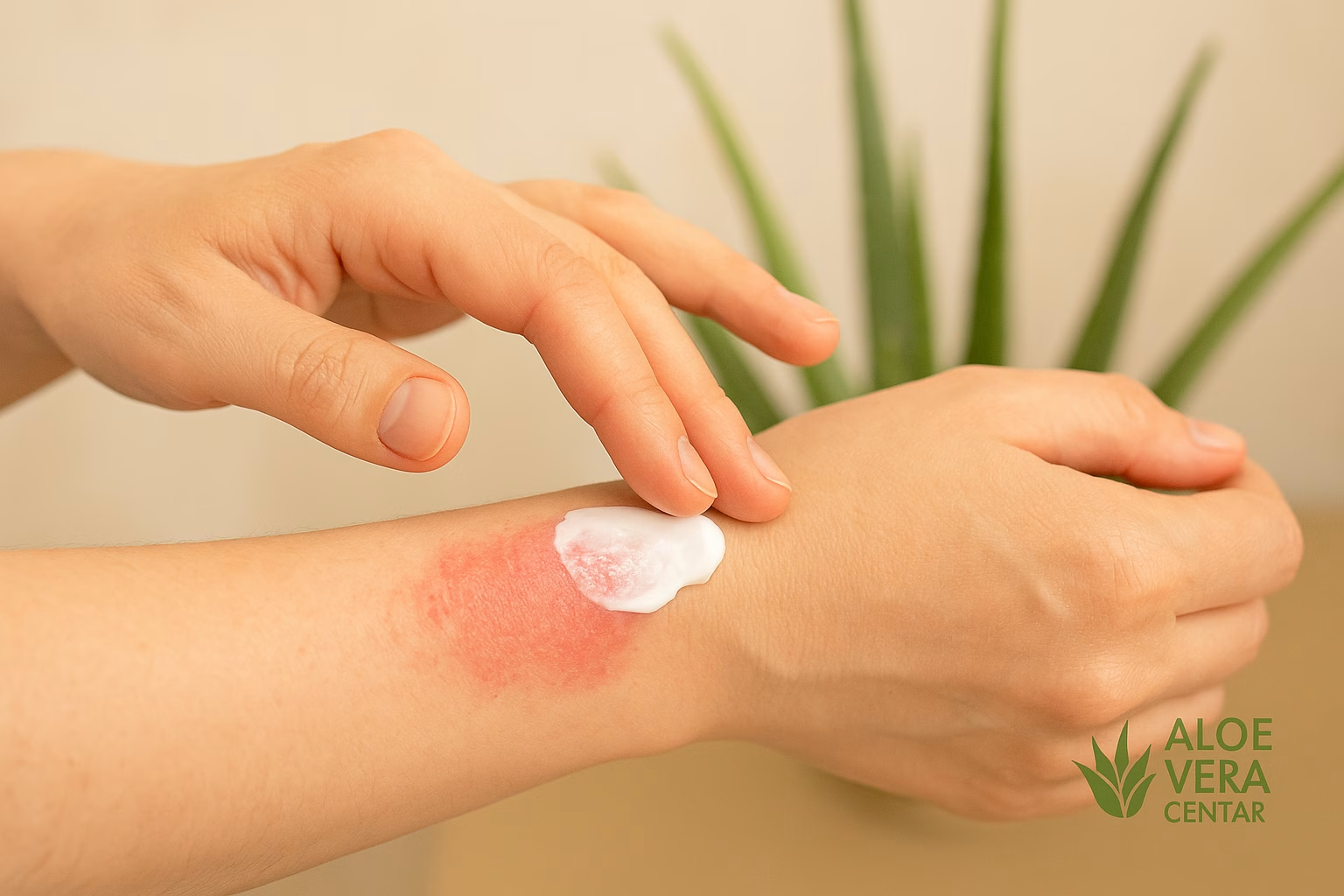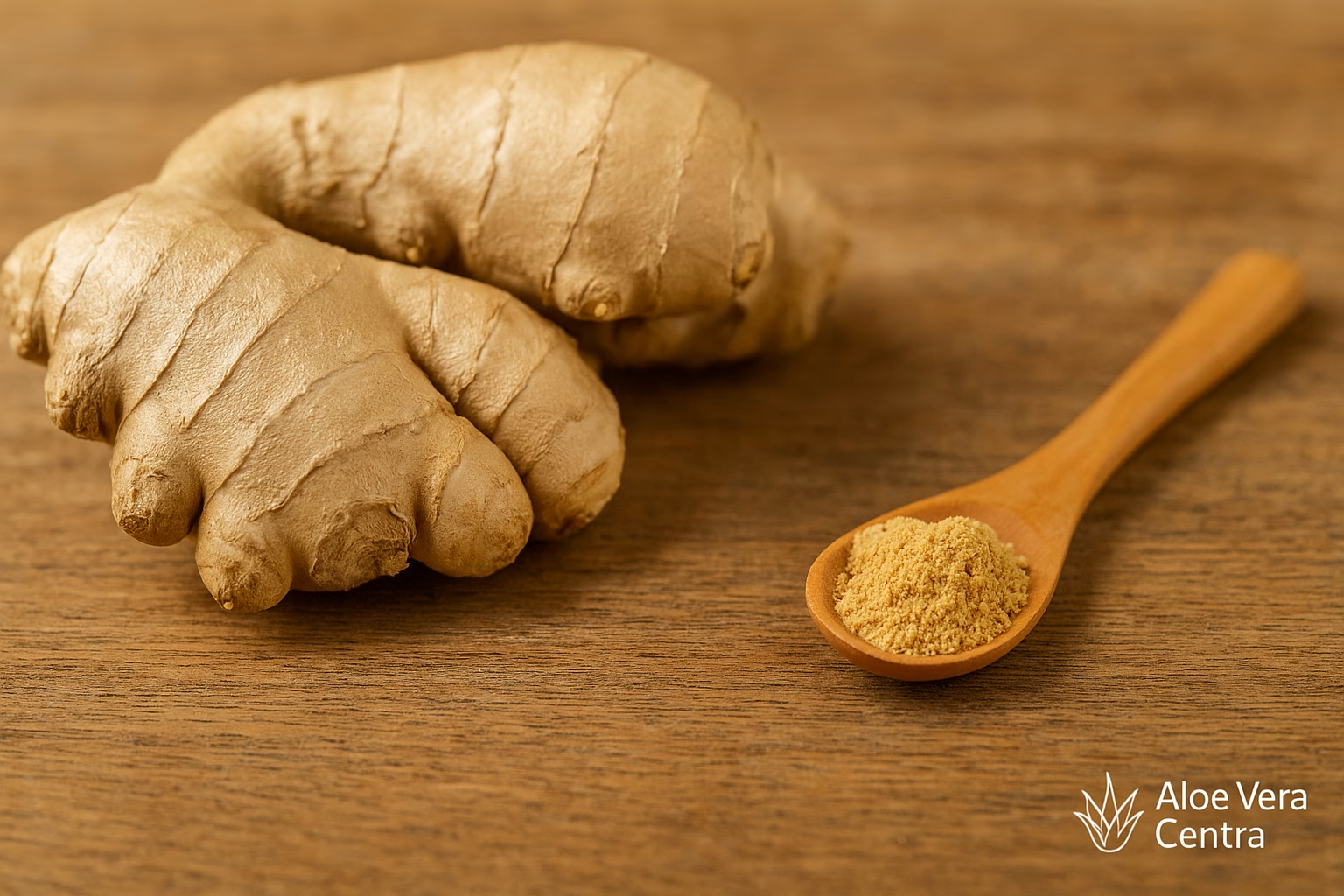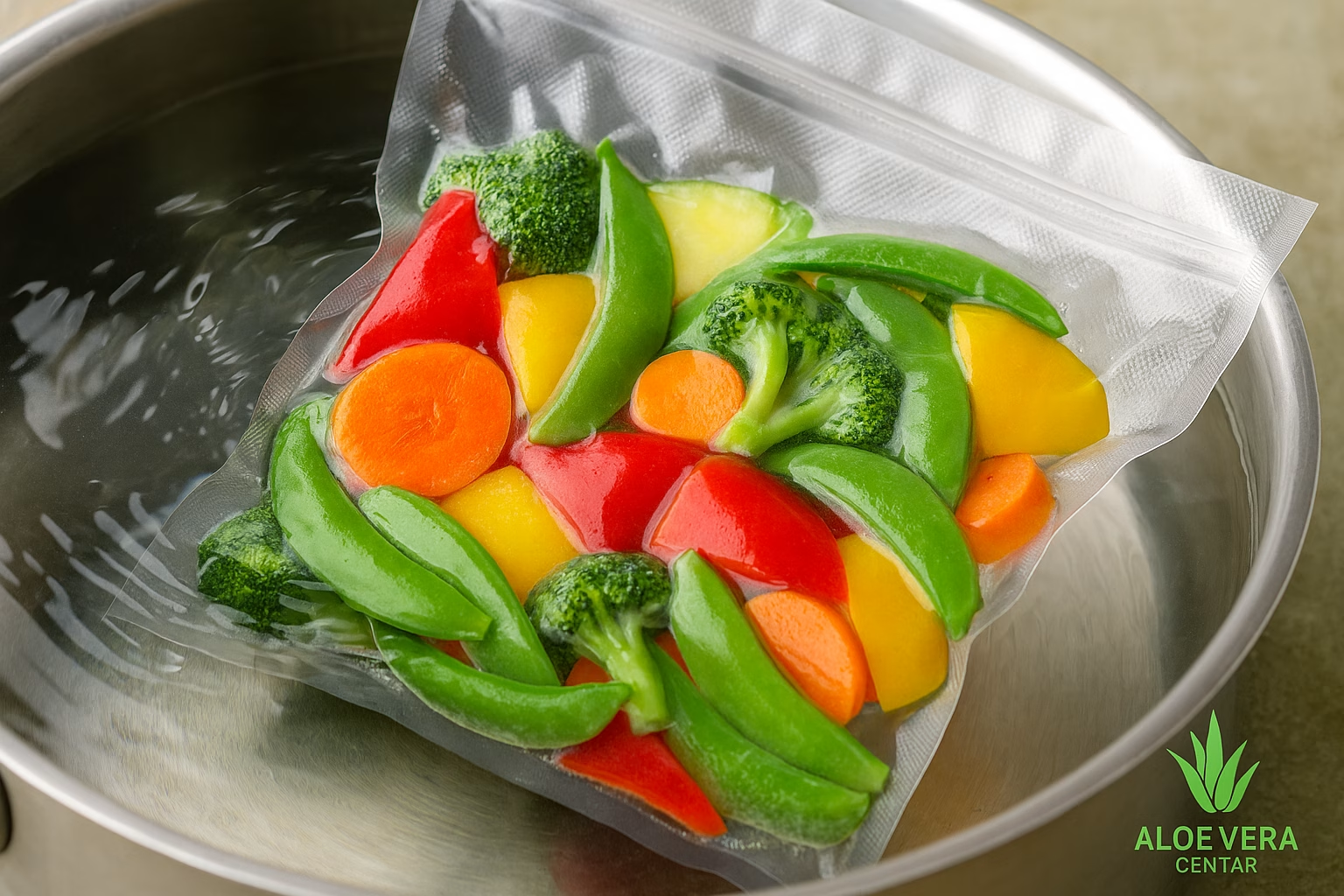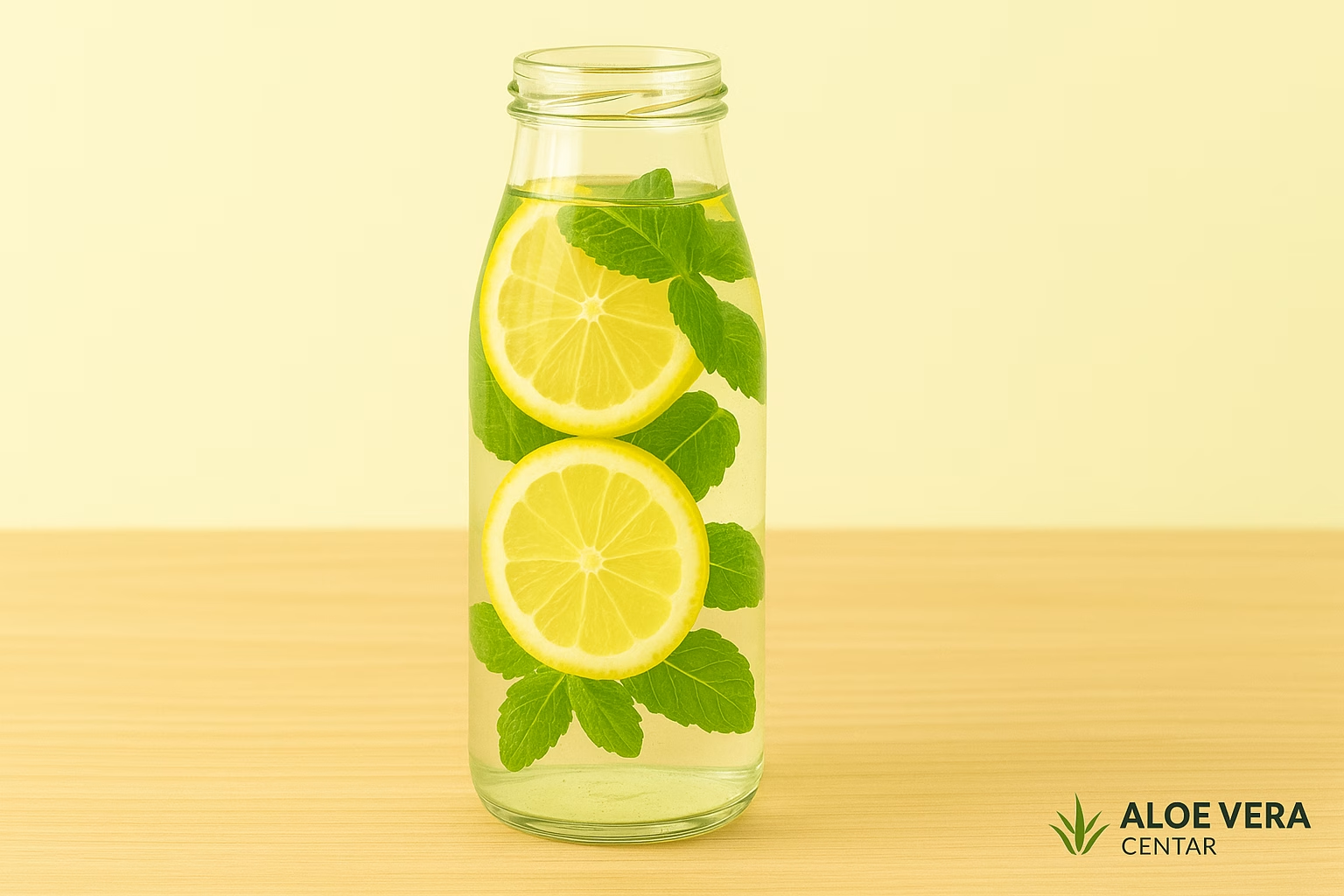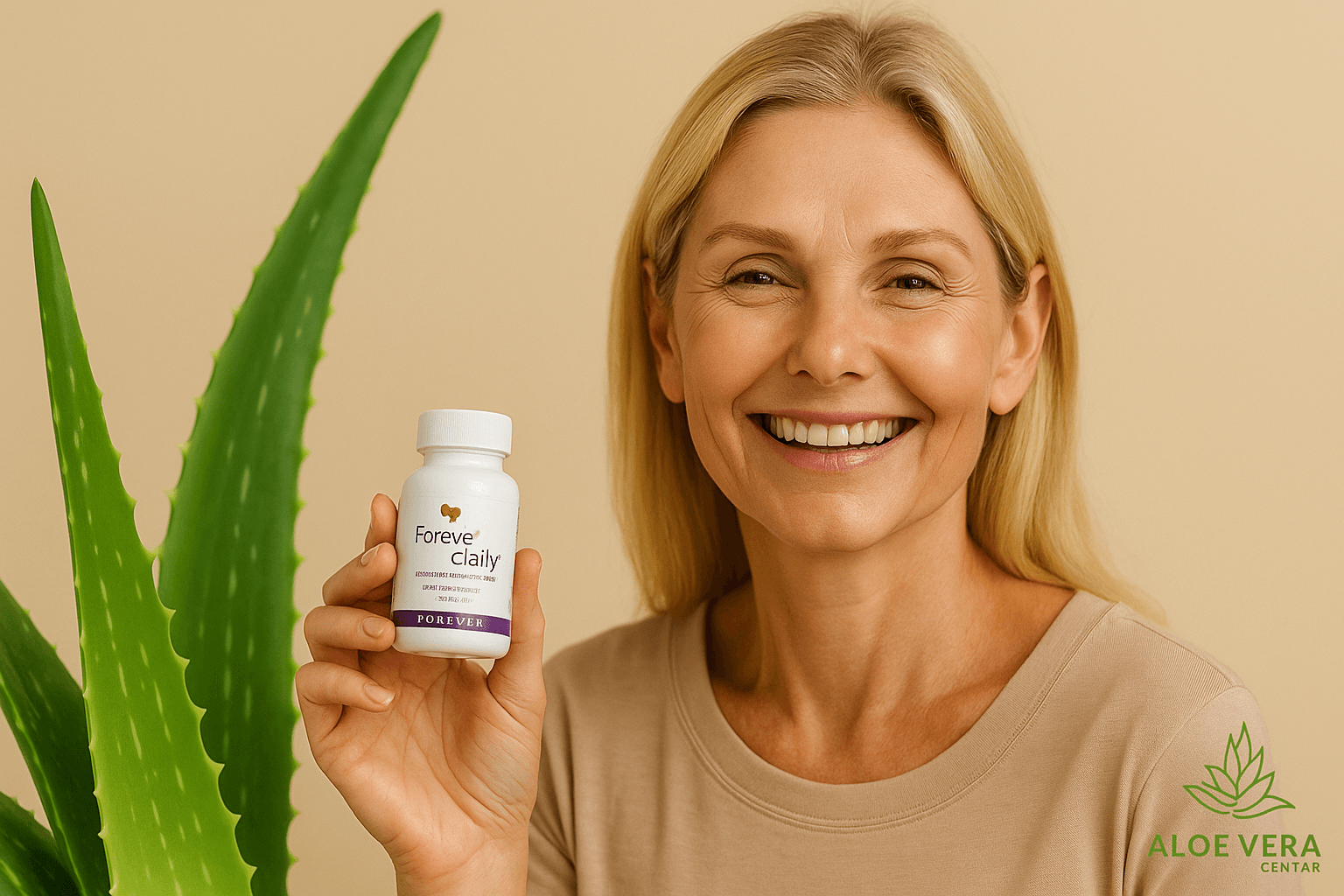
Pregnancy after 40: preparation, risks and natural support
Pregnancy after 40: risks, preparation and support options
Pregnancy is one of the most important and special times in a woman’s life. However, when it comes to pregnancy after age 40 , many women have additional questions and concerns. It is understandable – the body naturally changes with age, hormones are regulated differently, and statistically some health complications become more frequent. On the other hand, thanks to modern medicine, better nutrition and better information, the possibilities for safe parenthood later in life certainly exist and are significantly greater than before.
You may be wondering: “Sounds too good to be true?” or: “Are the risks really that great?” In this article, we will try to take a holistic look at the topic of later pregnancy, providing relevant information about preparation, risk factors, but also the many benefits of pregnancy at an older age. In doing so, we will look at recommendations for dietary supplements (such as vitamins, minerals, herbal preparations) and their safe use, with advice from official expert sources and Pregnancy Dietary Supplements guidelines. We will also touch on specific conditions in gynecology where Aloe Vera Products Gynecology can be useful.
Physiological changes in pregnancy after 40.
Entering your forties brings many advantages – maturity, life experience, stability and often a better economic status. However, from a biological perspective, a woman’s fertility peaks in her twenties and slowly begins to decline after age 30. In her forties, eggs are older and the risk of some genetic and chromosomal abnormalities (such as Down syndrome) increases.
Moreover, ovarian reserves are often significantly reduced in the forties, and hormonal levels vary from month to month. This does not mean that pregnancy is “unattainable” – in fact, many women become pregnant in their early and late 40s, but it is advisable to put more effort into planning and preparation. According to research on PubMed, pregnancy outcomes in women over 40 are generally good, especially with proper medical supervision, but statistically there is a slightly higher risk of gestational diabetes, high blood pressure and cesarean section.
Possible risks and complications
Some of the common risks of pregnant women in their 40s include:
- Gestational diabetes: Older age is often associated with an increased incidence of diabetes, especially if there is a family history or being overweight.
- High blood pressure (preeclampsia): In later reproductive age, the risk of high blood pressure and complications for mother and child is higher.
- Multiple pregnancies: With the natural decline in fertility, some women opt for assisted reproduction, which can increase the likelihood of twins or triplets.
- Chromosomal abnormalities: An example is Down syndrome, the incidence of which increases with maternal age. This is why genetic tests and non-invasive prenatal testing are recommended more often.
- Higher rate of caesarean section: The cause can be a higher rate of complications or simply the caution of the doctor.
However, a good part of the mentioned risks can be significantly reduced by proper preparation, lifestyle changes and careful medical monitoring. Ultimately, each pregnancy is an individual story, and many women in their forties carry and give birth to children without any significant complications.
Planning and preparing for pregnancy after 40.
If you are aged 40+ and thinking about pregnancy, a few steps can improve your chances of a healthy pregnancy:
- Previous medical examination: Gynecological examination, hormone analysis, PAP test, ultrasound of the ovaries and breasts. It is also a good idea to have basic blood tests, check vitamin D, iron and thyroid levels.
- Balanced diet and supplements: Increase your intake of folic acid (at least 400 µg daily), B-complex vitamins, iron and calcium. Check the guidelines in Pregnancy Supplements Nutrition for more detailed information.
- Weight control: Being overweight or underweight can make conception more difficult and increase complications.
- Stress reduction: Chronic stress can disrupt ovulation cycles and hormonal balance.
- Regular exercise: Swimming, yoga, Pilates, or brisk walking can help maintain physical fitness and stable hormone levels.
Once you confirm your pregnancy, medical check-ups (such as double and triple tests, non-invasive prenatal tests, and regular ultrasounds) can provide insight into the health of the fetus and detect potential problems at an early stage.
Dietary supplements and herbal preparations for support
As you get older, your nutritional needs may become more demanding, especially during pregnancy. Some helpful supplements include:
- High-quality multivitamin and minerals for pregnant women (with folic acid, iron, calcium, vitamin D and iodine)
- Omega-3 fatty acids , especially DHA, important for baby’s brain development and mother’s heart health
- Magnesium to prevent cramps and support muscle and nerve health
- Adaptogens (such as moderate doses of maca powder) which some women use to support energy and hormonal balance
Of course, all supplements should be coordinated with a doctor or nutritionist. For example, Aloe Vera Products Gynecology are often used as gentle support for intimate hygiene and immunity, but during pregnancy, caution should be exercised with oral intake of some aloe products to avoid a laxative effect.
Hormonal support and a natural approach?
In order to support a stable hormonal picture, some women turn to herbs and supplements that can help with hormonal balance. Among the popular ones are:
- Vitex agnus-castus (Chasteberry) – tradition of use for irregular cycles and progesterone problems
- Maca powder – an adaptogen that can support the entire endocrine system, although scientific evidence of its effectiveness in pregnancy is limited
- Red clover – rich in isoflavones, sometimes used in menopause, but pregnant women should consult before use
When it comes to pregnancy after 40, experts often advise caution and an individualized approach . Although herbal remedies can help, the hormonal balance during pregnancy is very delicate. Therefore, coordination with a doctor is recommended, who may also suggest conventional hormone therapies in case of special indications (e.g. low progesterone levels, risk of miscarriage).
Psychological and emotional preparation
Pregnancy after 40 can bring greater psychological burdens – from concerns about health risks to social prejudices. However, older age also brings emotional stability , self-confidence and financial security. It is useful to work on the positive aspects, support each other with your partner and family and – if necessary – seek the support of a psychologist or mental health counselor.
It should not be forgotten that every pregnancy is a unique story. While one woman is overwhelmed by fear about the future and possible genetic risks, another is relaxed and joyful about the fact that she will become a mother in her later years . Success often comes from conscious self-care, regular check-ups, and reliable sources of information.
Exercise and movement during pregnancy in your 40s
If your pregnancy is going well, physical activity is very beneficial – it helps maintain your weight, reduces the risk of high blood pressure and diabetes, and can even make childbirth easier. Walking, prenatal yoga, swimming, or light Pilates are some examples. At the same time, you should avoid intense or risky sports (long-distance running, contact sports) without your doctor’s approval.
Adjusting your activity depends on how active you were before pregnancy. If you were already exercising, with your doctor’s permission, you can continue with minor adjustments. If you’re just starting out, start slowly and listen to your body’s signals to avoid overexertion.
Possible benefits of pregnancy in your 40s
Despite the medical challenges, pregnancy at an older age also brings numerous advantages:
- Emotional maturity: Experience and stability can significantly ease the challenges of parenting.
- Financial security: Greater likelihood of stable employment and financial independence.
- Partner and family support: Often partners are already “established” in their careers, which allows for more time for family.
- Deeper understanding of the body and health: Women in their 40s often take more active care of their diet, immunity, and emotional state.
It is these characteristics that make later pregnancy not only feasible but also fulfilling, despite all the challenges. As much as statistics speak of higher risks, a good portion can be prevented or successfully monitored in collaboration with a medical team.
Where can natural supplements and “alternatives” be helpful?
In addition to the aforementioned herbal remedies and vitamins, some women also practice:
- Acupuncture: Used for hormonal balance, relieving nausea, or promoting relaxation.
- Reflexology: For some, it relieves back pain and swollen legs.
- Massages for pregnant women: Professionally performed, they can relieve muscle tension and improve mood.
- Aromatherapy: Mild essential oils for relaxation or relief of minor ailments (be careful when choosing oils).
However, be aware that “natural” does not always mean “safe.” Pregnancy is a time when you need to be extra careful about everything you put into your body – even herbal teas. Always check with your doctor or pharmacist about the compatibility of supplements and therapies.
Early menopause vs. late pregnancy
There are women who experience early menopause (before 45) around the age of 40, which means that their reproductive cycle is rapidly coming to an end or has stopped. But even if early signs of perimenopause appear, many of them can still get pregnant (sometimes with the help of assisted reproduction).
Consulting a gynecologist is extremely important because sometimes hormonal changes can be slowed or adjusted with therapy, giving you a chance to conceive. You can learn more about “early hormonal changes” in the Early Menopause article if that topic also proves relevant.
Frequently asked questions
1. How dangerous is genetic risk after age 40?
The risk of chromosomal abnormalities gradually increases with maternal age, but “risky” is a very subjective term. Today’s non-invasive prenatal testing and invasive methods (amniocentesis, CVS) can provide more precise information about the genetic status of the fetus, helping families make informed decisions.
2. Should I take extra progesterone?
For some women with threatened miscarriage or documented low progesterone, a doctor may prescribe progesterone capsules or suppositories. This depends on the individual situation and should be done under medical supervision.
3. How often should I go for ultrasounds and checkups?
Experts usually recommend check-ups every 4 weeks in the first half of pregnancy, then every 2 weeks in the later stages, with more specific tests (such as double, triple or NIPT tests). In cases of increased risk, check-ups may be more frequent.
4. Can I exercise if I am in early pregnancy and 42 years old?
If it is a normal, low-risk pregnancy, regular moderate exercise is usually encouraged. However, consult your gynecologist first to rule out any conditions that would require increased caution (e.g., threatened miscarriage, placental complications).
Conclusion
Pregnancy after the age of 40 presents a combination of challenges and advantages. On the one hand, biological facts such as reduced fertility and increased risk of certain complications suggest that it is important to put more effort into preparation and monitoring. On the other hand, maturity, financial stability and experience can result in very fulfilling parenthood.
Quality preparation includes checkups, dietary and lifestyle adjustments, and nutritional supplements that can support pregnancy and postpartum, such as vitamins, minerals, and herbal formulas. For more specific guidance on safe choices and what to approach with caution, consult Pregnancy Supplements . It is also useful to study Aloe Vera Products Gynecology for additional support.
For a personalized preparation and support plan, use our AI advisor and find out how to get 15% off the products you’re interested in. Ultimately, the most important thing is to get quality information, collaborate with your medical team, and listen to your own body. Many women have successfully given birth to healthy babies in their forties, and with the right preparation and support, the chances of a safe and fulfilling motherhood are extremely good.
Disclaimer: This article is for informational purposes only and is not a substitute for professional medical advice. For detailed recommendations, especially if you have specific health conditions, please consult your doctor, gynecologist, or fertility specialist.

